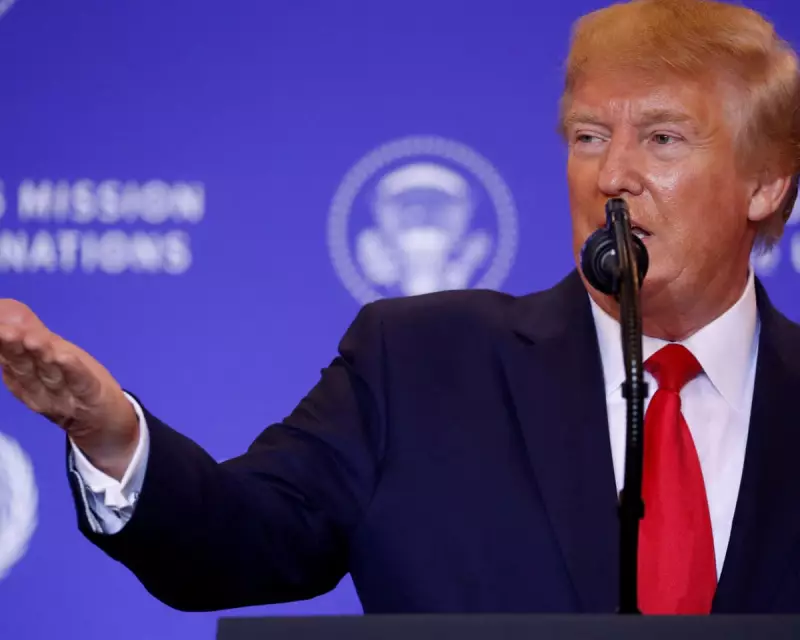
The presidency of Donald Trump did not merely occupy the White House; it conducted a radical, and many argue, damaging, experiment on American democracy itself. His legacy is not one of traditional policy but of profound systemic disruption, the full consequences of which historians are only beginning to unravel.
The Erosion of Democratic Guardrails
Perhaps the most indelible mark left by the 45th president is the sustained assault on long-standing political norms and institutions. From publicly challenging the independence of the judiciary to lambating intelligence agencies and undermining the electoral process, Trump systematically weakened the foundations of democratic trust.
This created a new political playbook, where attacks on the 'deep state' and media – labelled 'the enemy of the people' – became tools to consolidate power and delegitimise criticism, a tactic that has outlasted his term in office.
The Judiciary: A Lasting Imprint
While legislative achievements were sparse, Trump's impact on the US judiciary will be felt for generations. The appointment of three conservative justices to the Supreme Court, alongside a slew of lower court judges, has shifted the legal landscape of the United States decisively to the right.
This judicial revolution has already triggered seismic shifts on issues from abortion rights to environmental regulation, ensuring his ideological stamp remains long after his political fortunes have faded.
Global Standing: America First, America Alone
On the world stage, the 'America First' doctrine translated into a deliberate withdrawal from international cooperation. The US retreated from climate agreements, undermined NATO alliances, and launched trade wars with longstanding partners.
This unilateral approach diminished America's role as a global leader, creating a power vacuum that rivals like China were swift to exploit and leaving allies questioning the reliability of their transatlantic partner.
A Nation Polarised and Politically Transformed
Domestically, Trump’s rhetoric and style deepened societal fractures, fueling a politics of grievance and cultural division. His base remained fiercely loyal, while his opponents became utterly horrified, creating a binary, hostile political environment.
This era saw the mainstreaming of once-fringe ideas and a dramatic shift in the Republican party's priorities, transforming it into a vehicle for Trumpism, a potent mix of populism, nationalism, and personal allegiance.
A Precarious Precedent for the Future
The most troubling aspect of his legacy for historians is the precedent set. The attempts to overturn a democratic election and the events of January 6th revealed the fragility of the US system when confronted with a leader unwilling to accept defeat.
This has left a dangerous blueprint for future authoritarians, proving that the stability of American democracy relies not just on laws, but on norms and the honourable conduct of its leaders – a assumption now proven dangerously naive.
In conclusion, historians will likely judge Donald Trump not by a list of policies, but as a disruptive force who exposed the vulnerabilities of the world's oldest modern democracy. His true legacy is a nation questioning the strength of its institutions, the truth of its information, and the very future of its political character.





